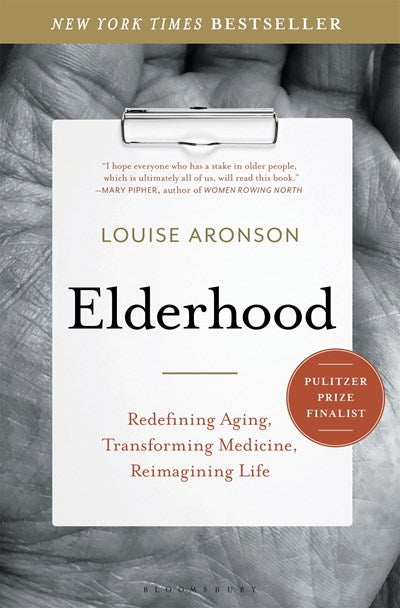As revelatory as Atul Gawande’s Being Mortal, physician and award-winning author Louise Aronson’s Elderhood is an essential, empathetic look at a vital but little respected stage of life.
For more than 5,000 years, “old” has been defined as beginning between the ages of 60 and 70. That means most people alive today will spend more years in elderhood than in childhood, and many will be elders for 40 years or more. Yet at the very moment that humans are living longer than ever before, we’ve made old age into a disease, a condition to be dreaded, disparaged, neglected, and denied.
Reminiscent of Oliver Sacks, noted Harvard-trained geriatrician Louise Aronson uses stories from her quarter century of caring for patients, and draws from history, science, literature, popular culture, and her own life to weave a vision of old age that’s neither nightmare nor utopian fantasy. She challenges not only the way we look at aging but also the way we think and feel about medicine and humanity itself.
Elderhood is for anyone who is, in the author’s own words, “an aging, i.e., still-breathing human being.”

